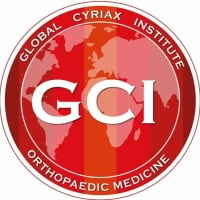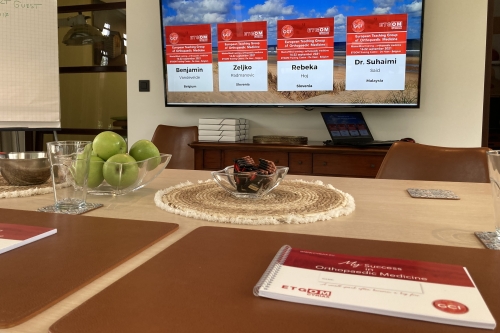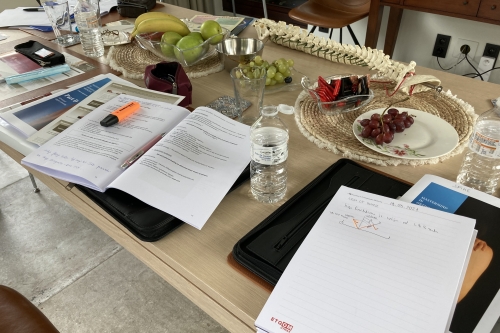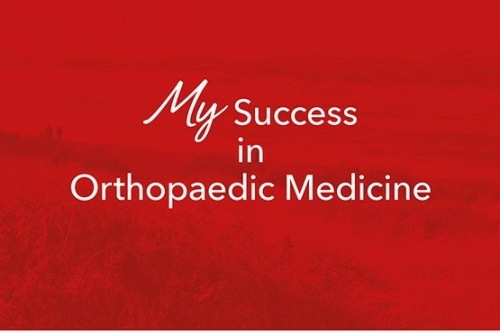One of the most critical aspects of delivering effective healthcare is the process of taking a thorough history from a patient during their first visit. History taking is not merely a routine step in the consultation process; rather, it is a valuable tool that guides healthcare providers in making accurate diagnoses, developing appropriate treatment plans, and fostering a strong patient-provider relationship.
During the initial encounter with a patient, healthcare professionals have the opportunity to gather essential information about the patient's medical history, including past illnesses, surgeries, medications, allergies, and family history.
This information forms the foundation upon which further diagnostic investigations and interventions are based. A comprehensive history can often provide valuable clues that may not be evident through physical examination alone, leading to more accurate and timely diagnoses.
Moreover, history taking allows healthcare providers to understand not just
- the patient's physical health but also
- their psychological and social well-being.
By exploring the patient's lifestyle habits, personal relationships, and environmental factors, providers can gain insight into the broader context in which the patient's health concerns exist. This holistic approach is essential for delivering patient-centered care that addresses the individual needs and preferences of each patient.
In addition to its diagnostic and therapeutic benefits, history taking plays a crucial role in building trust and rapport between healthcare providers and patients. By actively listening to the patient's concerns, showing empathy, and involving them in decision-making, providers can establish a strong therapeutic alliance that is essential for effective healthcare delivery.
Patients who feel heard and understood are more likely to adhere to treatment plans, follow-up recommendations, and engage in shared decision-making with their providers.
In conclusion, the importance of a good history taking on a patient's first visit cannot be overstated. It serves as the cornerstone of the healthcare encounter, guiding diagnostic and therapeutic decision-making.
>>> This is one of the aspects in the clinical reasoning process that is discussed in detail during the orthopaedic medicine Mastermind training.






